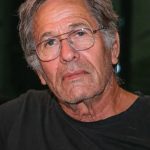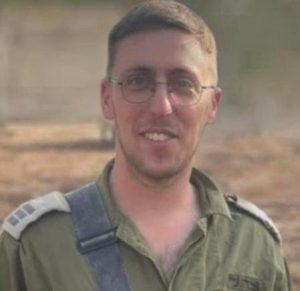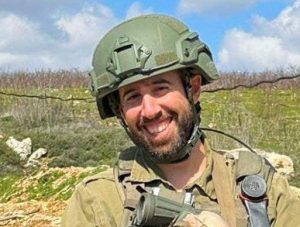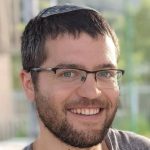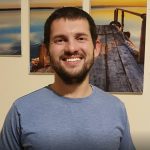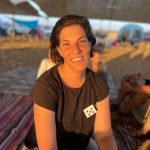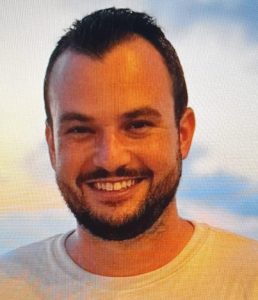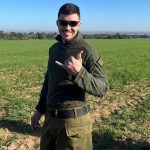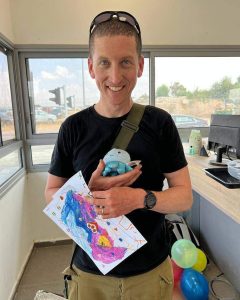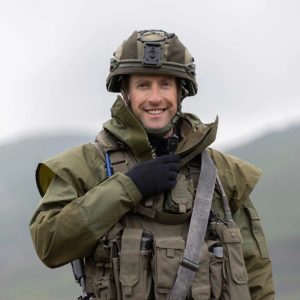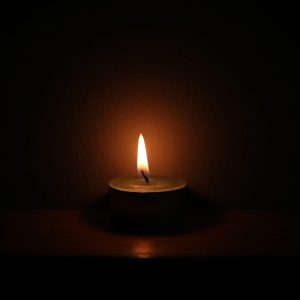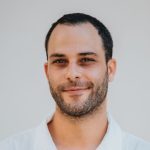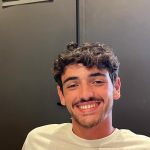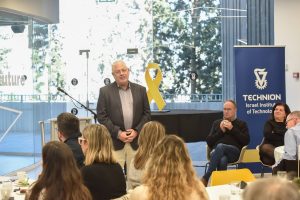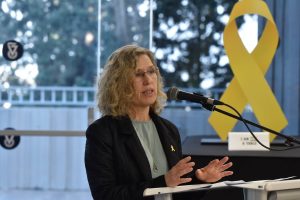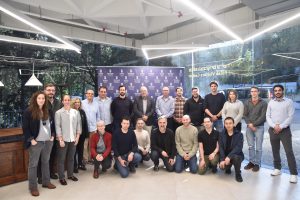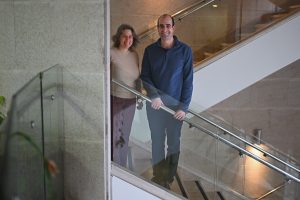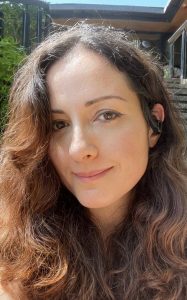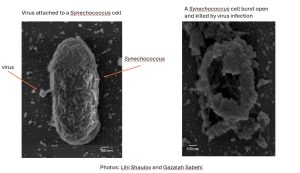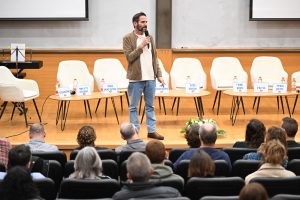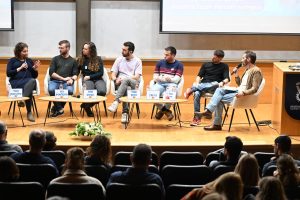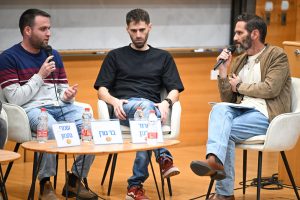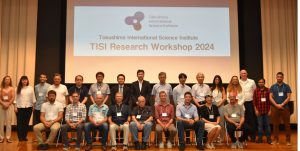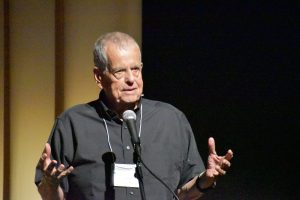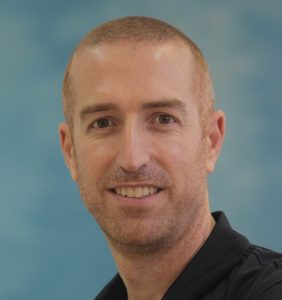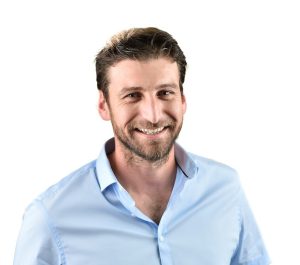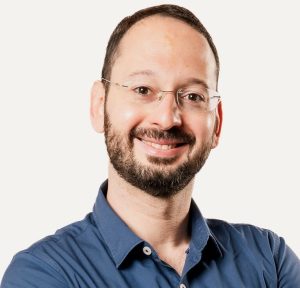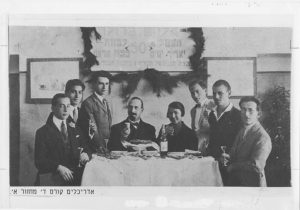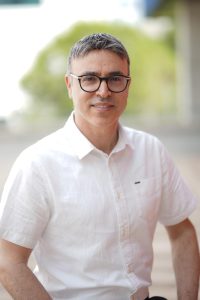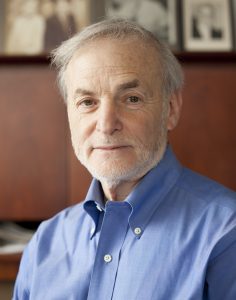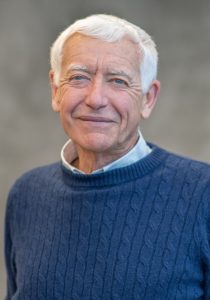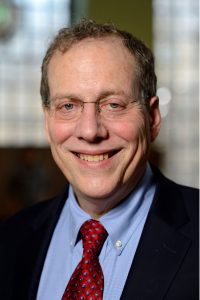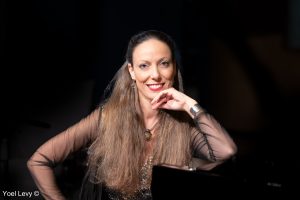The Technion community is profoundly shaken, mourning the devastating loss of lives; infants, children, seniors, women, and men, as well as entire families who were senselessly murdered in a recent act of terror targeting peaceful communities.
We also honor the valiant members of the security forces who made the ultimate sacrifice in defense of their homes and loved ones.
The overwhelming sorrow and concern for the abducted, imprisoned, and missing weighs heavily on our hearts.
Our thoughts are steadfastly with our friends who have suffered unimaginable loss, as well as the families of those who have been abducted or injured. With heavy hearts, we extend our deepest condolences to them, and to the whole of Israel.
—————————————————————————————————————————————————————————
Yoram Bar-Sinai z”l
Aged 75, from Kibbutz Be’eri
Graduate of the Faculty of Architecture and Town Planning
—————————————————————————————————————————————————————————
Captain (res.) Amit Chayut z”l
Aged 29, from Haifa
Amit completed his studies at the Taub Faculty of Computer Science this year
—————————————————————————————————————————————————————————
Master Sergeant (res.) Shmuel (Sammy) Harari z”l
Aged 35, from Safed
Graduate with a master’s degree in real estate studies (MRE)
—————————————————————————————————————————————————————————
Master Sergeant (res.) Dov Moshe Kogan z”l
Aged 32, from Nov
Graduate student and TA at the Faculty of Mechanical Engineering
—————————————————————————————————————————————————————————
The Technion – Israel Institute of Technology extends its deepest condolences to the following individuals:
Shahar Amar, student in the Wolfson Faculty of Chemical Engineering,
on the death of her father, Chief Superintendent Avi Amar z”l
—————————————————————————————————————————————————————————
—————————————————————————————————————————————————————————
Stav Benjo, student in the Faculty of Civil and Environmental Engineering,
on the death of his sister, Staff Sergeant Omer Sarah Benjo z”l
—————————————————————————————————————————————————————————
Assistant Professor Eilam Yalon, faculty member in the Andrew and Erna Viterbi
Faculty of Electrical and Computer Engineering, on the death of his niece, Lin Dafni z”l
—————————————————————————————————————————————————————————

on the death of her cousin’s son, Sergeant Shalev Dagan z”l
—————————————————————————————————————————————————————————

on the death of his brother, Matan Ekstein z”l
————————————————————————————————————————————————————————–
Prof. Emeritus Joseph Itzkovich, faculty member in the Ruth and Bruce Rappaport Faculty of Medicine, on the death of his grandson, Sergeant First Class Adi Eldor z”l
————————————————————————————————————————————————————————-
Guy Gavriel, student in the Faculty of Biotechnology and Food Engineering on the death of her cousin, Sergeant first class Adar Gavriel z"l
on the death of her cousin, Sergeant first class Adar Gavriel z"l
————————————————————————————————————————————————————————
Noi Glass, student in the Faculty of Aeronautics and Space Engineering
on the death of her cousin, Sergeant Yam Glass z"l
—————————————————————————————————————————————————————————
Yuval Golan, student in the Faculty of Aerospace Engineering,
on the death of her cousin, Major Sagi Golan z”l
————————————————————————————————————————————————————–
Yonina Novik, student in the Faculty of Aerospace Engineering
On the death of her cousin, Hersh Goldberg-Polin z”l
—————————————————————————————————————————————————————————
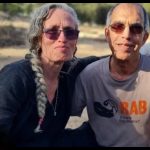
on the death of their parents, Avner and Maya Goren z”l
————————————————————————————————————————————————————————–
Stav Azulai, a student in the Faculty of Biotechnology and Food Engineering, on the death of her cousin, Staff sergeant Oz Yeshaia Gruber z”l
—————————————————————————————————————————————————————————
Yonathan Haion, administrative staff member in the Development and Maintenance Division, on the death of his brother, Warrant Officer Sebastian Haion z”l
—————————————————————————————————————————————————————————

on the death of her cousin, Gaya Halifa z”l
—————————————————————————————————————————————————————————

on the death of her father, Avraham Shraga Hasid z”l
————————————————————————————————————————————————————————–
Omer Itach, student in the Faculty of Architecture and Urban Planning
on the death of his brother, Captain Harel Itach z”l
————————————————————————————————————————————————————————–
Razan Kat, student in the Faculty of Biomedical Enginering
on the death of her mother, Safaa Kat Awad z”l
————————————————————————————————————————————————————-

on the death of his father-in-law, Avraham (Rami) Katzir z”l
————————————————————————————————————————————————————–
Assistant Professor Raz Palty, faculty member in the Ruth and Bruce Rappaport Faculty of Medicine,
on the death of his brother-in-law, Elad Katzir z”l
————————————————————————————————————————————————————-
Yotam Keren, student in the Ruth and Bruce Rappaport Faculty of Medicine,
on the death of his grandmother, Hannah Kritzman z”l
————————————————————————————————————————————————————-

on the death of his son-in-law, Colonel Roi Levy z”l
————————————————————————————————————————————————————-
Naomi Maori, Technion retiree, on the death of her son, Major (res.) Dan Maori z”l
————————————————————————————————————————————————————————–
Dr. Tamar Katz Peled, teaching fellow in the Department of Humanities and Arts,
on the death of her son-in-law, Sergeant First Class Gilad Molcho z”l
—————————————————————————————————————————————————————————
Maya Nimri, student in the Ruth and Bruce Rappaport Faculty of Medicine,
on the death of her cousin, Captain Eden Nimri z”l
—————————————————————————————————————————————————————————
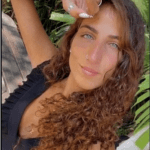
on the death of his cousin, Eden Liz Ohion z”l
—————————————————————————————————————————————————————————

on the death of his brother-in-law Sergeant First Class (res.) Yaacov Ozeri z”l
—————————————————————————————————————————————————————————
Elad Tzur, student in the Faculty of Aerospace Engineering,  on the death of his brother-in-law Major Shay Uriel Pizm z"l
on the death of his brother-in-law Major Shay Uriel Pizm z"l
—————————————————————————————————————————————————————————

on the death of his uncle, Major (res.) Uri Shimon Russo z”l
—————————————————————————————————————————————————————————

on the death of his brother, Sergeant Segev Schwartz z”l
—————————————————————————————————————————————————————————
Eyal Shachar, student in the Faculty of Mechanical Engineering, on the death of his brother, Amir Shachar z”l
—————————————————————————————————————————————————————————

on the death of her grandson, Staff Sergeant Aner Elyakim Shapiro z”l
———————————————————————————————————————————————–
Associate Prof. Ayelet Shavit, faculty member in the Department of Humanities and Arts,
on the death of her son, Staff Sergeant Tal Shavit z”l
———————————————————————————————————————————————–
Professor Daniel Shushan of the Faculty of Architecture and Town Planning,
on the death of his nephew, Elisaf Shushan z”l
—————————————————————————————————————————————————————————

on the death of her nephew, Eitan Refael Snir z”l
————————————————————————————————————————————————————————–
Stav Alfasi, student in the Viterbi Faculty of Electrical and Computer Engineering,
on the death of her cousin, Ophir Tzarfati z”l
————————————————————————————————————————————————————————–

on the death of their daughter, Danielle Waldman z”l
—————————————————————————————————————————————————————————

on the death of her brother, Major Ilay Zyser z”l
—————————————————————————————————————————————————————————-
May their memory be a blessing.
The Technion family offers its heartfelt sympathy to the families who have lost loved ones.
If there is an error on this page, or if you would like to share additional information with us, please contact Irit Gertzwolf at evpdg.officehead@technion.ac.il

